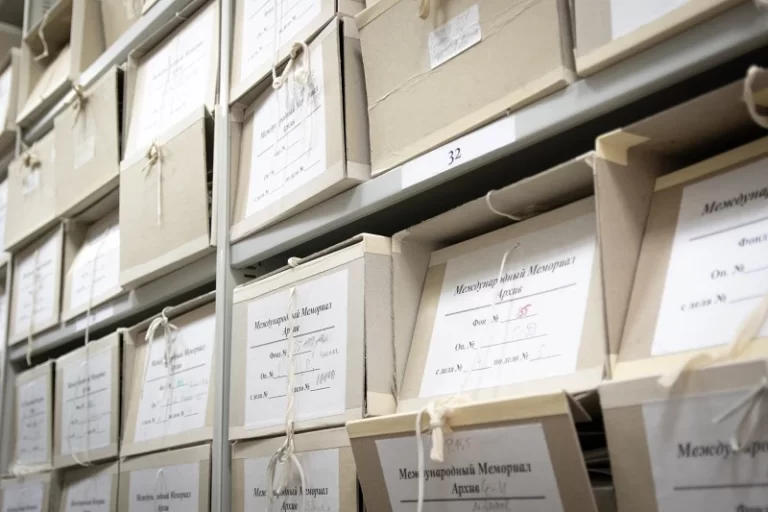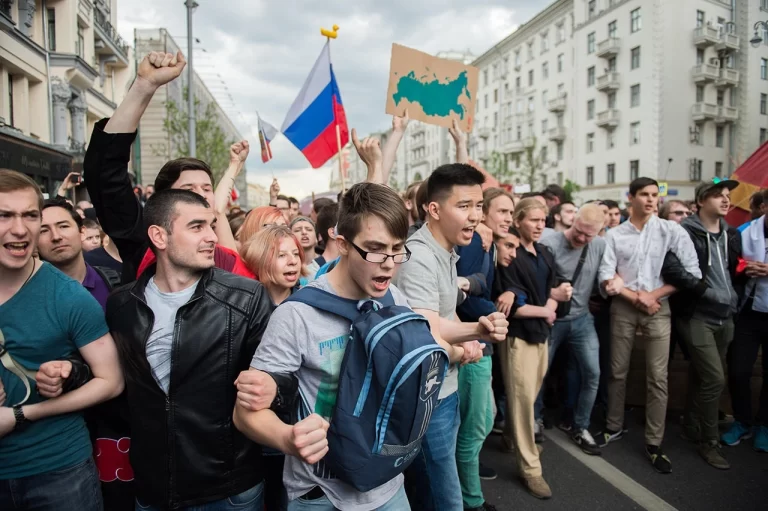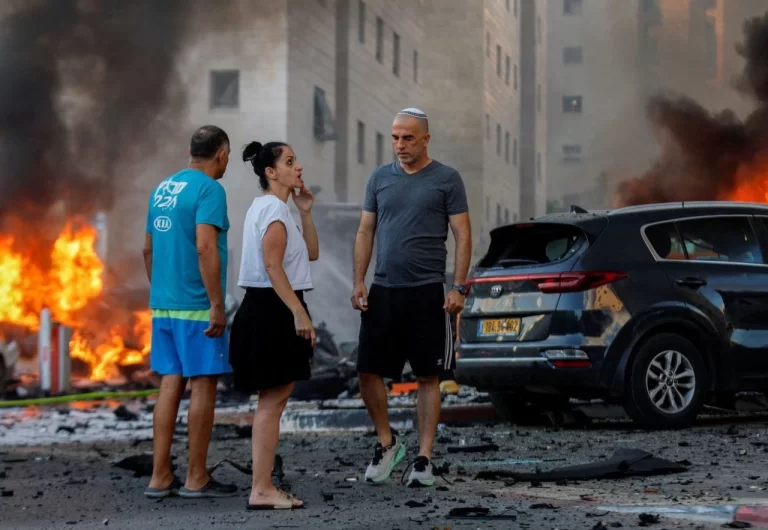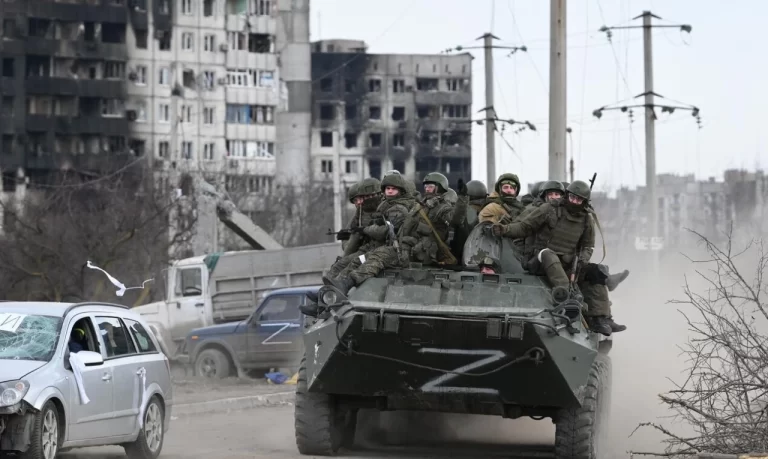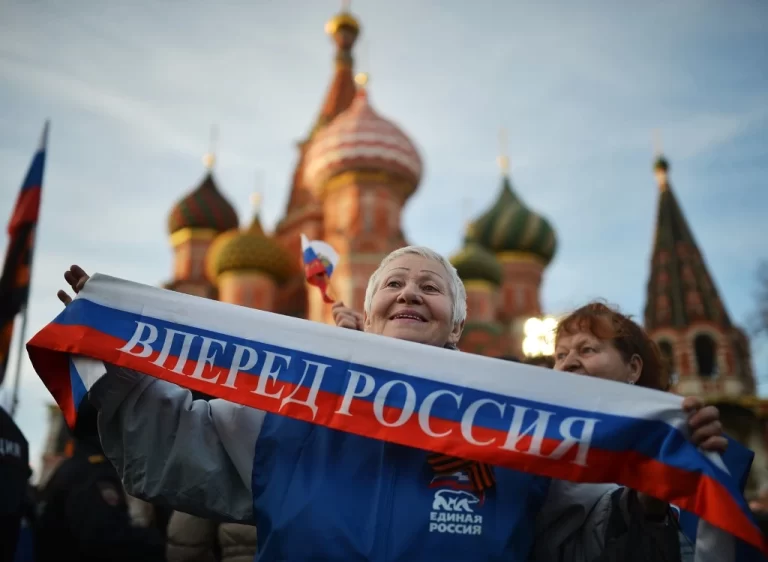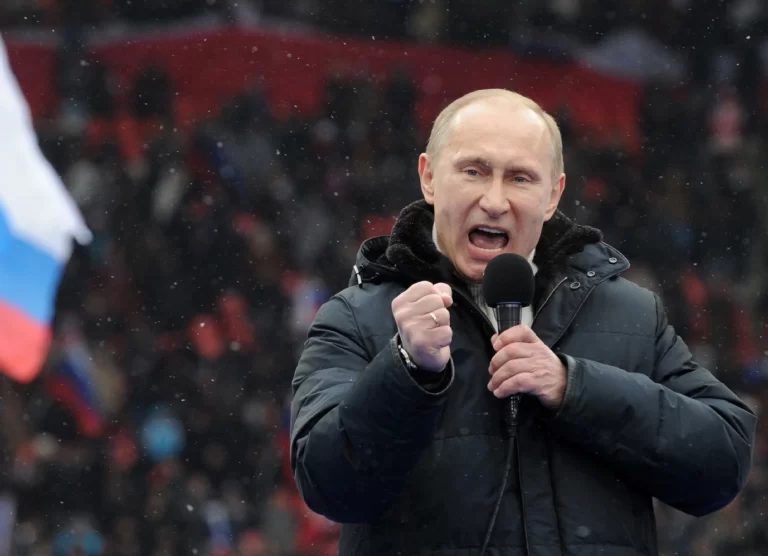The Russian government is trying to instill “traditional values” in Russian youth and steer them away from “hostile” Western liberalism and democracy. To achieve this, schools conduct lessons called “Important Talks,” rewrite history textbooks, and organize military-patriotic events by youth government organizations. According to Putin, the younger generation should serve the Motherland and value “constructive labor,” rejecting “liberal selfishness”
Russian children marching in military uniforms
The Russian government is trying to instill "traditional values" in Russian youth and steer them away from "hostile" Western liberalism and democracy. To achieve this, schools conduct lessons called "Important Talks," rewrite history textbooks, and organize military-patriotic events by youth government organizations. According to Putin, the younger generation should serve the Motherland and value "constructive labor," rejecting "liberal selfishness"
The path from authoritarianism to totalitarianism begins when the government interferes with the upbringing of children. This is happening in Russia. On May 17, 2023, President Putin approved the Strategy for the Comprehensive Safety of Children in the Russian Federation until 2030. The document identifies “attempts to destabilize society, create a sense of uncertainty and instability, distort traditional spiritual and moral values, including family values” as one of the main dangers for Russian children. These attempts are made by “unfriendly foreign states, as well as terrorist and extremist organizations, criminal communities.”Therefore, according to the document, the state must “protect children from external destructive informational-psychological influence, external ideological and value expansion” through civic-patriotic education.
Schools, universities, and youth organizations are implementing the State Strategy for Child Upbringing. Since July 2022, the Russian government has announced a restart of the youth movement under the new name “Movement of the First.” This is not the first attempt by the Putin regime to create a mass youth movement controlled by the Russian government. Starting in the early 2000s, there were the “Walking Together” and then “Ours” (“NASHI”) movements. Significant amounts of money were allocated from the state budget to these projects, but the investments proved unsuccessful. The organizations fell apart, leaving no ideological trace on Russian society. In reality, it turned out that members of the youth organizations were used as extras and volunteers for large-scale state events. Since 2016, there has been the military-patriotic movement “Yunarmiya,” created at the initiative of the Russian Ministry of Defense. Members of the movement dress in uniforms resembling military attire, march, and participate in military-patriotic actions organized by the authorities.
The new youth organization, “Movement of the First,” has “hundreds of unique programs for the upbringing and personal development, an active and responsible youth community that values respect for the traditions and cultures of the Russian people, historical continuity, and a sense of connection with the fate of the country, where the main value has been, is, and will be the family.” It is planned that the “Movement of the First” will receive over 21 billion rubles annually from the budget. On their social media pages, the “Movement of the First” associates itself with the pioneer organization of the Soviet era. “Always ready! ‘Movement of the First’ – an analog of the pioneer organization,” they write.
The organization of youth patriotic events is entrusted to regional Ministries of Youth Policy. For example, in May, they held military-tactical games called “Confrontation,” gatherings of commissar and pedagogical squads, and Spartakiads for pre-conscription youth. Participants faced challenges such as running, drill preparation, pull-ups, shooting, throwing sports equipment, and long jumps. Additionally, “Yunarmiya” implements the “Write to Me” project, in which children write letters to military personnel.
However, according to our expert, Anzhelika Minaeva, the influence of state youth organizations on young people should not be exaggerated.

